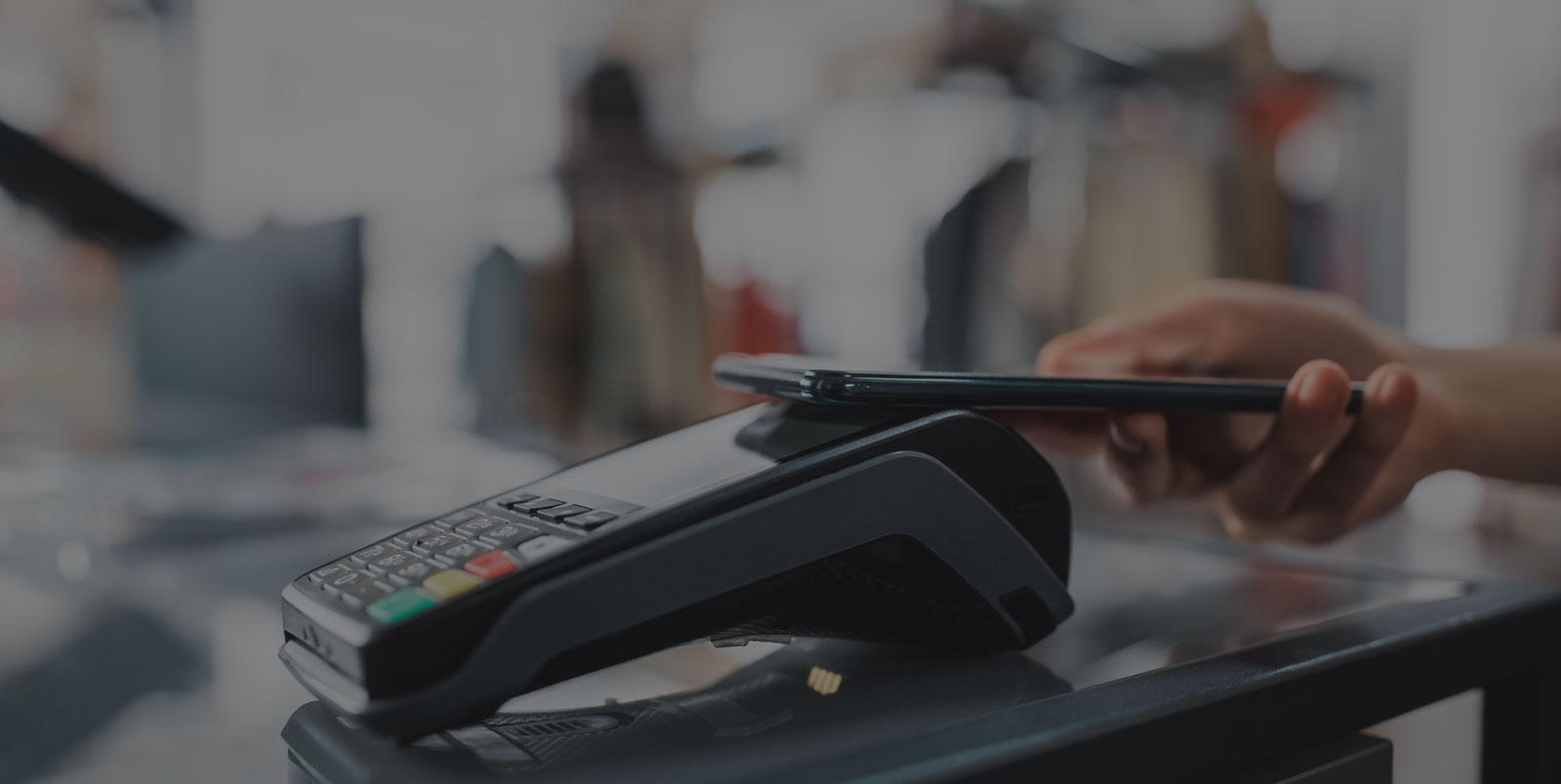
By admin December 28, 2024
CBD, short for cannabidiol, is a compound derived from the cannabis plant. It has gained significant popularity in recent years due to its potential health benefits. As a result, the CBD industry has experienced rapid growth, with numerous businesses emerging to meet the increasing demand for CBD products. However, despite its growing acceptance, CBD businesses often face challenges when it comes to securing a merchant account.
A CBD merchant account is a type of bank account that allows businesses to accept payments through credit and debit cards. It is an essential component for any CBD business looking to operate online or in physical stores. However, obtaining a CBD merchant account can be a complex and challenging process. Many businesses face rejections due to various reasons, which we will explore in this article.
Lack of Legal Compliance and Regulatory Issues

One of the most common reasons for CBD merchant account rejections is the lack of legal compliance and regulatory issues. The CBD industry operates in a legal gray area, with different regulations and restrictions varying from state to state and even country to country. This lack of uniformity creates confusion and uncertainty for financial institutions and payment processors.
To mitigate this risk, banks and payment processors often require CBD businesses to provide extensive documentation to prove their compliance with local laws and regulations. This documentation may include licenses, permits, certificates of analysis for CBD products, and proof of compliance with labeling and packaging requirements.
CBD businesses that fail to provide the necessary documentation or cannot demonstrate their compliance with applicable laws and regulations are likely to face rejection when applying for a merchant account. It is crucial for CBD businesses to stay up to date with the evolving legal landscape and ensure they have all the necessary permits and licenses before applying for a merchant account.
High Risk Nature of CBD Industry

Another significant reason for CBD merchant account rejections is the high-risk nature of the CBD industry. Despite the growing acceptance of CBD, it is still associated with the cannabis plant, which is classified as a Schedule I controlled substance at the federal level in the United States. This classification creates a higher level of risk for financial institutions and payment processors when dealing with CBD businesses.
The high-risk nature of the CBD industry is primarily due to the potential legal and regulatory uncertainties, as well as the perceived reputational risks associated with the cannabis plant. Financial institutions and payment processors are wary of being involved in any activities that may be deemed illegal or controversial.
As a result, many banks and payment processors have strict underwriting guidelines for CBD businesses. They may require higher reserves, impose higher transaction fees, or even refuse to provide merchant accounts altogether. CBD businesses must be prepared to navigate these challenges and find payment processors that specialize in serving high-risk industries.
Inadequate Business Documentation and Financial History

Inadequate business documentation and financial history is another common reason for CBD merchant account rejections. Financial institutions and payment processors require businesses to provide detailed documentation to assess their financial stability and viability.
CBD businesses that fail to provide comprehensive business plans, financial statements, tax returns, and other relevant documents may be seen as high-risk or untrustworthy. Financial institutions need to ensure that the businesses they work with have a solid financial foundation and are likely to be able to meet their financial obligations.
Furthermore, CBD businesses with a limited or inconsistent financial history may also face rejections. Financial institutions prefer to work with businesses that have a proven track record of financial stability and success. Start-up CBD businesses or those with a history of financial instability may find it more challenging to secure a merchant account.
Poor Credit Score and Financial Instability

A poor credit score and financial instability can significantly impact a CBD business’s ability to obtain a merchant account. Financial institutions and payment processors often conduct credit checks to assess the creditworthiness of businesses and their owners.
A low credit score or a history of financial difficulties can raise concerns about a business’s ability to meet its financial obligations. Financial institutions may view businesses with poor credit as high-risk and may be hesitant to provide them with a merchant account.
CBD businesses should strive to maintain a good credit score and demonstrate financial stability to increase their chances of securing a merchant account. This can be achieved by paying bills on time, reducing debt, and maintaining a positive cash flow.
Suspicious or Fraudulent Activities
Financial institutions and payment processors are vigilant when it comes to detecting and preventing suspicious or fraudulent activities. CBD businesses that engage in any activities that raise red flags or are deemed high-risk may face rejections when applying for a merchant account.
Examples of suspicious or fraudulent activities include money laundering, illegal sales of cannabis products, or involvement in any illegal activities. Financial institutions have strict compliance and anti-money laundering measures in place to protect themselves and their customers from potential risks.
CBD businesses must ensure that their operations are transparent, legal, and compliant with all applicable laws and regulations. Any involvement in suspicious or fraudulent activities can not only lead to merchant account rejections but also legal consequences.
Insufficient Payment Processing Experience
Insufficient payment processing experience is another reason why CBD businesses may face rejections when applying for a merchant account. Financial institutions and payment processors prefer to work with businesses that have a proven track record of successful payment processing.
CBD businesses that are new to the industry or have limited experience in processing payments may be seen as higher risk. Financial institutions may be hesitant to provide merchant accounts to businesses that lack the necessary expertise and infrastructure to handle payment processing effectively.
CBD businesses can overcome this challenge by partnering with payment processors that specialize in serving high-risk industries. These payment processors often have the expertise and experience to guide businesses through the payment processing journey and increase their chances of securing a merchant account.
Incompatible or Unreliable Payment Gateway Integration
Payment gateway integration is a critical component of any CBD business’s online payment processing system. A payment gateway is a technology that facilitates the secure transfer of payment information between the customer, the merchant, and the financial institution.
CBD businesses that have incompatible or unreliable payment gateway integrations may face rejections when applying for a merchant account. Financial institutions and payment processors require businesses to have robust and secure payment processing systems in place to protect against fraud and ensure a seamless customer experience.
CBD businesses should ensure that their payment gateway integrations are compatible with the systems used by their chosen financial institutions or payment processors. They should also invest in reliable and secure payment gateway solutions to increase their chances of securing a merchant account.
Incomplete or Inaccurate Application Information
Incomplete or inaccurate application information is a common reason for CBD merchant account rejections. Financial institutions and payment processors require businesses to provide accurate and comprehensive information when applying for a merchant account.
CBD businesses that fail to provide all the necessary information or provide inaccurate information may be seen as untrustworthy or high-risk. Financial institutions rely on the information provided by businesses to assess their eligibility for a merchant account and make informed decisions.
CBD businesses should ensure that they provide all the required information accurately and completely when applying for a merchant account. They should also be prepared to provide additional documentation or clarification if requested by the financial institution or payment processor.
Lack of Transparent and Reliable Business Practices
Financial institutions and payment processors value transparency and reliability in the businesses they work with. CBD businesses that lack transparent and reliable business practices may face rejections when applying for a merchant account.
Financial institutions need to ensure that the businesses they work with operate ethically, comply with all applicable laws and regulations, and provide a positive customer experience. Any indication of unethical or unreliable business practices can raise concerns and lead to merchant account rejections.
CBD businesses should strive to maintain transparent and reliable business practices. This includes providing accurate product information, delivering products as promised, and offering excellent customer service. Building a reputation for transparency and reliability can increase the chances of securing a merchant account.
FAQs
Q1: Why do CBD businesses face challenges when it comes to securing a merchant account?
CBD businesses face challenges due to the lack of legal compliance and regulatory issues, the high-risk nature of the industry, inadequate business documentation and financial history, poor credit score and financial instability, suspicious or fraudulent activities, insufficient payment processing experience, incompatible or unreliable payment gateway integration, incomplete or inaccurate application information, and lack of transparent and reliable business practices.
Q2: How can CBD businesses address the challenge of legal compliance and regulatory issues?
CBD businesses can address the challenge of legal compliance and regulatory issues by staying up to date with the evolving legal landscape, obtaining the necessary permits and licenses, and providing comprehensive documentation to prove their compliance with local laws and regulations.
Q3: What can CBD businesses do to overcome the high-risk nature of the industry?
CBD businesses can overcome the high-risk nature of the industry by partnering with payment processors that specialize in serving high-risk industries, maintaining transparent and reliable business practices, and demonstrating financial stability and viability.
Q4: How can CBD businesses improve their chances of securing a merchant account?
CBD businesses can improve their chances of securing a merchant account by maintaining a good credit score, providing comprehensive business documentation and financial history, ensuring transparent and reliable business practices, and investing in reliable and secure payment gateway solutions.
Q5: What should CBD businesses do if their merchant account application is rejected?
If a CBD business’s merchant account application is rejected, they should seek feedback from the financial institution or payment processor to understand the reasons for the rejection. They can then address the identified issues and reapply or explore alternative payment processing options.
Conclusion
Securing a CBD merchant account can be a challenging process due to various reasons. Lack of legal compliance and regulatory issues, the high-risk nature of the CBD industry, inadequate business documentation and financial history, poor credit score and financial instability, suspicious or fraudulent activities, insufficient payment processing experience, incompatible or unreliable payment gateway integration, incomplete or inaccurate application information, and lack of transparent and reliable business practices are some of the most common reasons for CBD merchant account rejections.
CBD businesses must be proactive in addressing these challenges and ensuring they meet the requirements set by financial institutions and payment processors. This includes staying up to date with the evolving legal landscape, maintaining transparent and reliable business practices, and partnering with payment processors that specialize in serving high-risk industries.
By understanding the reasons for CBD merchant account rejections and taking the necessary steps to address them, CBD businesses can increase their chances of securing a merchant account and effectively process payments to support their growth and success.
